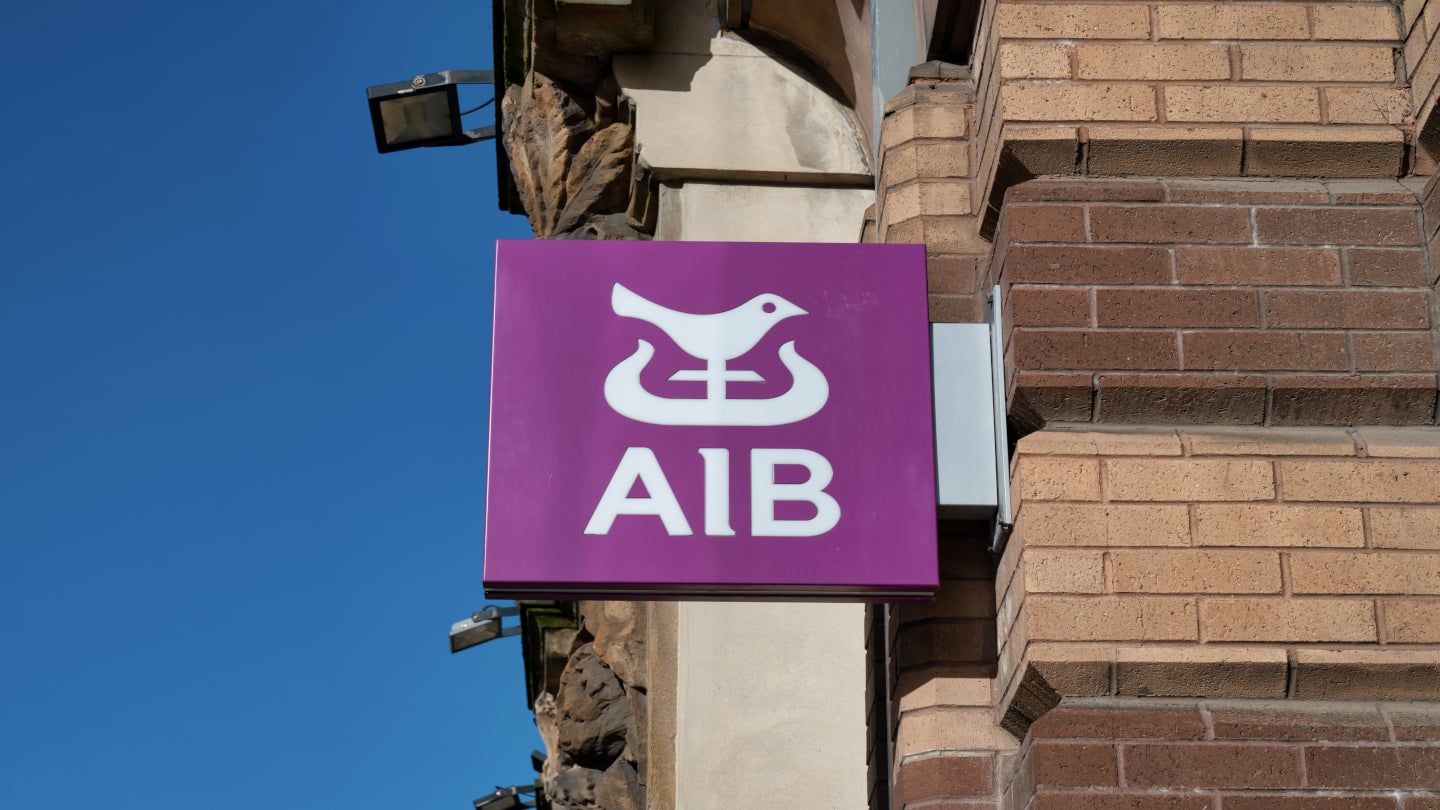
The Irish government has initiated the sale of its remaining 2% stake in the Irish lender AIB Group through an accelerated bookbuild transaction.
This step is part of a broader strategy to return the banking sector to private ownership.

Access deeper industry intelligence
Experience unmatched clarity with a single platform that combines unique data, AI, and human expertise.
Minister for Finance Paschal Donohoe said: “The State has launched a final sell down of its directed shareholding in AIB by way of an accelerated bookbuild transaction. This ABB transaction represents our seventh such disposal in AIB and will reduce the State’s directed shareholding in the bank to zero. This is an important milestone in delivering on the government’s policy of returning the banking sector to private ownership.”
In the aftermath of a property crash in the late 2000s, Ireland injected €64bn ($73.8bn) into its banks, which amounted to nearly 40% of its annual economic output at the time, reported Reuters.
Despite the massive bailout, two of the banks still failed. AIB received the lion’s share of the remaining funds, amounting to €21bn, and as of last month, the state’s return from the bank stood at €19.2bn.
The bank is also in discussions to repurchase stock warrants held by the government, as per Reuters.

US Tariffs are shifting - will you react or anticipate?
Don’t let policy changes catch you off guard. Stay proactive with real-time data and expert analysis.
By GlobalDataThe government still holds a 57% stake in Permanent TSB, which it plans to sell to complete its exit from the sector. This follows the sale of its shares in Bank of Ireland, AIB’s main competitor, in 2022.
While it is unlikely that Dublin will fully recover the costs of the AIB bailout, Donohoe noted last month that the state had already surpassed the break-even point on its €29.4bn investment in the three banks. This was primarily due to the recovery of €6.7bn from the €4.7bn injected into Bank of Ireland.
Following the sale of its Bank of Ireland shares, the government lifted a €500,000 pay cap for the bank, after a review of the sector’s pay restrictions. However, the pay cap remains in place for AIB and Permanent TSB.






